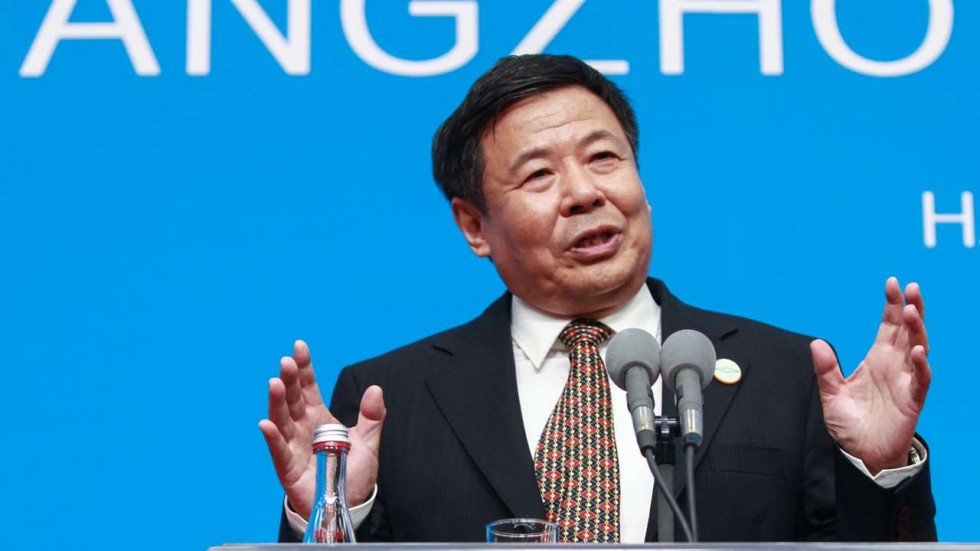China has announced plans to ease limits on foreign ownership of financial services groups, following years of complaints that such restrictions block foreign groups’ development in the country, according to a Financial Times report.
“The government will relax or eliminate ownership limits in commercial banking, securities, futures, asset management and insurance,”Guangyao Zhu, vice-minister of finance is quoted to have said in Beijing Friday.
He said foreign and domestic investors are to be treated ‘equally’ when buying stakes.

Zhu said China would lift the cap on foreign equity stakes in securities, fund management and futures companies to 51 percent from the current 49 per cent, without providing a timeline. The cap will be removed entirely three years after the new limit takes effect.
China will also eliminate the 20 percent ceiling on ownership of a Chinese commercial bank or asset management companies by a single foreign investor and the 25 percent cap on total foreign ownership of such companies.
In the only commitment for which Zhu provided a clear timeline, the limit on foreign stakes in life insurance joint ventures will be raised to 51 per cent in three years and removed entirely in five years.
The announcement comes a day after US president Donald Trump called on his Chinese counterpart Xi Jinping to allow American companies greater market access during a “state plus” visit to Beijing.
China has used joint venture requirements and ownership caps in a broad range of industries to protect domestic groups from competition and induce sharing of foreign technology and management expertise with local partners.
“Symbolically, this is a very important move. It shows that after the 19th party congress, the new leadership is still committed to financial liberalisation and opening up,” said Jianguang Shen, chief economist at Mizuho Securities Asia in Hong Kong.
“This can also alleviate pressure from the US government. Financial service is an area where the US has been lobbying China for many years.”
Zhou Xiaochuan, outgoing central bank governor, warned in June that a lack of foreign competition had made Chinese domestic financial institutions “lazy”.
Experts warn that it will take time for Zhu’s commitments to be translated into concrete policy by respective regulatory agencies for banking, securities and insurance, as well as the central bank.
“We’re cautioning clients that it will take time to go from rhetoric to action,” said Peter Alexander, managing director of Z-Ben Advisors, a consultancy that advises foreign financial institutions on China strategy.
“Directionally speaking, it’s very clear where China is heading but it’s going to be a slow, methodical process rather than Big Bang approach.”
It is also unclear how much enthusiasm foreign financial groups will have for increasing their investments in China.
After acquiring strategic pre-IPO stakes in the early and mid-2000s, Goldman Sachs, UBS, Citigroup and Bank of America have since divested their stakes in big Chinese commercial lenders. The investments yielded handsome capital gains but largely failed to help foreign banks build their own China businesses. HSBC still owns 20 per cent of Bank of Communications, China’s fifth-largest lender by assets.
In investment banking, the Sino-foreign JVs are bit players in the league tables for equity and debt capital market underwriting. Even so, Jamie Dimon, JPMorgan chief executive, has said the bank wants to establish a fully owned securities company in China, after the bank sold its minority stake in JPMorgan First Capital Securities late last year.
In June, HSBC became the first foreign bank to win approval for a majority-owned securities company, taking 51 per cent of HSBC Qianhai Securities. The Chinese government regards HSBC as a Hong Kong company, allowing it to enjoy preferential treatment.
The latest commitments follow China’s pledge in May to let foreign credit rating agencies operate wholly owned units in the country.







